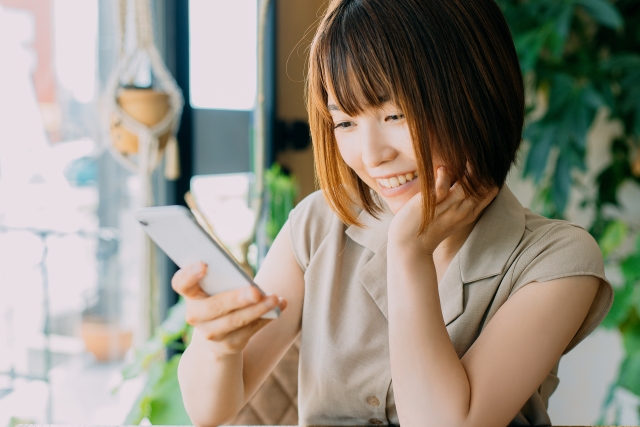Meet new people
Students studying Japanese often ask me how to introduce myself to Japanese people. This interaction is usually very formal and is filled with several bows.
The following is a typical Japanese conversation / introduction between two people who meet for the first time.

Click here to learn Japanese language with the best one-on-one Japanese tutoring lessons in person or online.
Japanese
Person 1: こんにちは。はじめまして。
Konnichi wa. Hajimemashite. Hello. Nice to meet you.
Person 2: はじめまして。おげんきですか。
Hajimemashite. O-genki desu ka? Nice to meet you.
How are you?
Person 1: はい、げんきです。
Hai, genki desu. I am fine.
Person 1: わたしは______ともうします。あなたのおなまえは?
Watashi wa ______ to moushimasu. Anata no o-namae wa? My name is ______.
What is your name?
Person 2: わたしは______といいます。よろしくおねがいします。
Watashi wa ______ to iimasu. Yoroshiku o-negai shimasu. My name is ______.
Pleased to make your
acquaintance.
Person 1: よろしくおねがいします。
Yoroshiku o-negai shimasu. Pleased to make your
acquaintance.
Description: “Nice to meet you” literally means “beginning”, but it is equivalent to “nice to meet you” in English. Only used when meeting someone for the first time. As you learned in Lesson 9, “genki” means “energetic.” “How are you?” Literally asks “How are you?” This is the most common way to ask “How are you?” in Japanese. Others answer, “Yes, I’m fine.” “Moose” is a super polite form of the verb “Iu”. Both people literally say, “I’m being / called _____.” “Name” means “name”. An “o” is prepended (and throughout this exchange) to pay homage. This is not done when talking about yourself. “OK” means “good / good”, and “wish” is a wish or wish. “Thank you” literally means “Thank you.” It’s basically like saying “Please take care of me”. It can also be used in other situations, such as when making a request.
Other common Japanese phrases
People often ask me “I love you” in Japanese. This is “Anatao Aishitamusu”, but Japanese usually use the word love (love-ai-ai) when talking about feelings towards someone else (boyfriend, girlfriend, even spouse). Please note that it does not. Children, parents, etc.). They usually say “I like you” or “I like you”. “Suki” means “like” in Japanese, and “daisuki” means “favorite”. This may seem strange, but this is what they say “I love you.”
たんじょうびおめでとうございます tanjoubi omedetou gozaimasu Happy Birthday!
あけましておめでとうございます akemashite omedetou gozaimasu Happy New Year!
おめでとうございます omedetou gozaimasu Congratulations!
おやすみなさい oyasuminasai Good night.
(used when someone is going to bed)
ごめんなさい gomennasai I’m sorry.
すみません sumimasen Excuse me.
トイレはどこですか toire wa doko desu ka Where is the bathroom?
おなかがすいています onaka ga suite imasu I am hungry.
Related article:










